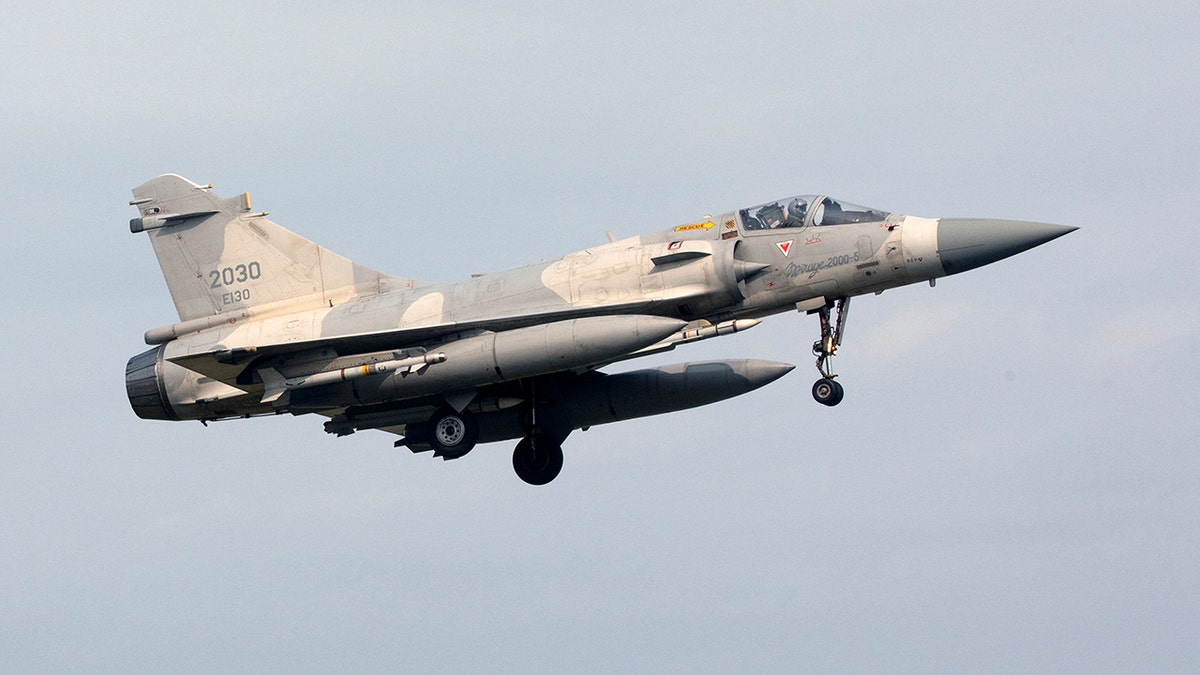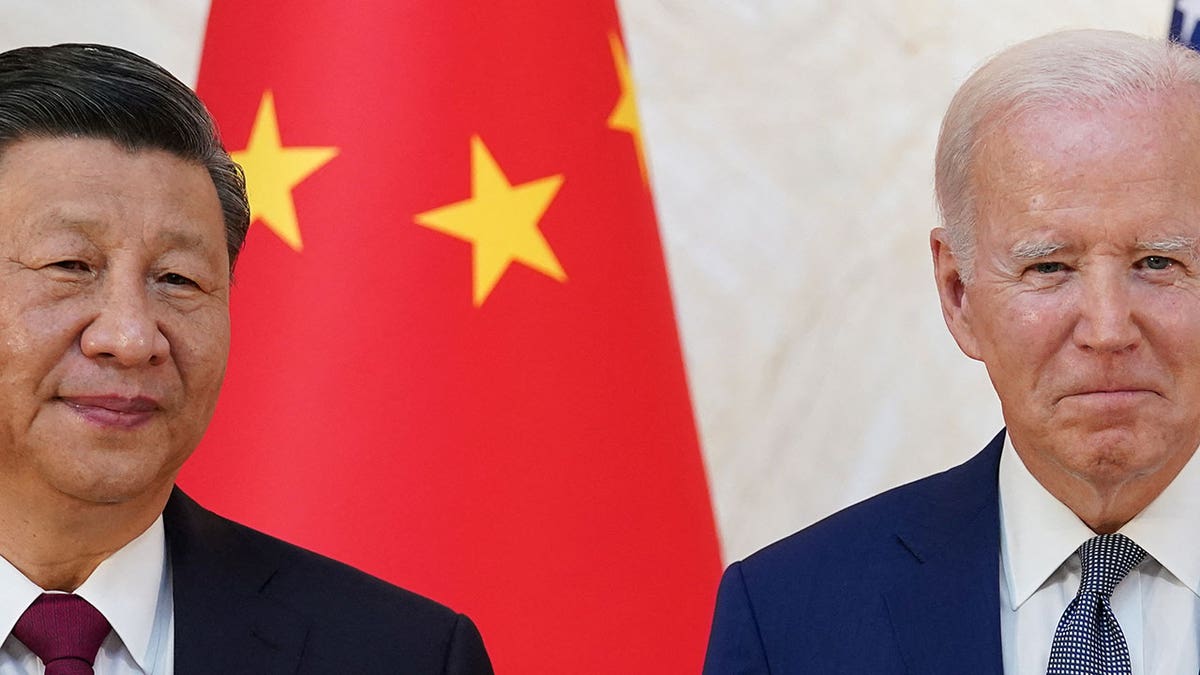China sends several warplanes, navy ships toward Taiwan after U.S.-China talks
Taiwan’s defense ministry announced on Saturday that over 30 Chinese warplanes were headed toward its country, in addition to navy ships.
Thirty-three aircraft were sent by the Chinese People’s Liberation Army from 6 a.m. Friday to 6 a.m. Saturday, officials said. The aircraft included SU-30 fighters.
Six Chinese navy vessels were also headed to Taiwan, and 13 of China’s warplanes crossed the median of the Taiwan Strait. According to the Associated Press, Taiwanese officials are currently monitoring the situation.
Saturday’s development happened shortly after Senior U.S. National Security Adviser Jake Sullivan and Chinese Foreign Minister Wang Yi agreed to meet in Bangkok. Sullivan announced the end of the talks on X Saturday evening.
US AND IRAQ TO DISCUSS FUTURE MILITARY PRESENCE IN COMING WEEKS: PENTAGON OFFICIAL
“Just finished two days of meetings with Director Wang Yi in Bangkok to follow up on the Woodside Summit between President Biden and President Xi last November,” the post read, which included a photo of Sullivan and Wang shaking hands.
National Security Council spokesperson Adrienne Watson said that Sullivan and Wang’s meeting “continues the commitment by both sides…to maintain strategic communication and responsibly manage the relationship.”
On Thursday, the Chinese government called out the U.S. Navy for sailing a warship through the Taiwan Strait, accusing the U.S. of causing “trouble and provocation on China’s doorstep.”
SPACE WARFARE: US, CHINA, AND RUSSIA ARE GEARING UP FOR THE NEXT FRONTIER OF ARMED CONFLICT

On Jan. 17, the Ministry of National Defense of Taiwan said in an English-language press release that “18 sorties of various CCP primary and auxiliary aircraft” had been detected. Eleven of the sorties crossed the median line of the Taiwan Strait.
“The Armed Forces adopted combined intelligence, surveillance, and reconnaissance measures to closely monitor the situation, and dispatched mission aircraft, warships, and shore-based missile systems to respond appropriately,” the statement read.

“The MND emphasized that the security and prosperity of the Taiwan Strait is a matter of concern of global development and stability, so it is an obligation and responsibility for all parties in the region to take up and shoulder collectively,” the defense ministry added. “The Armed Forces will continue to strengthen its self-defense capabilities to cope with regional threats based on enemy threats and self-defense needs.”
The Associated Press contributed to this report.
Read the full article Here


